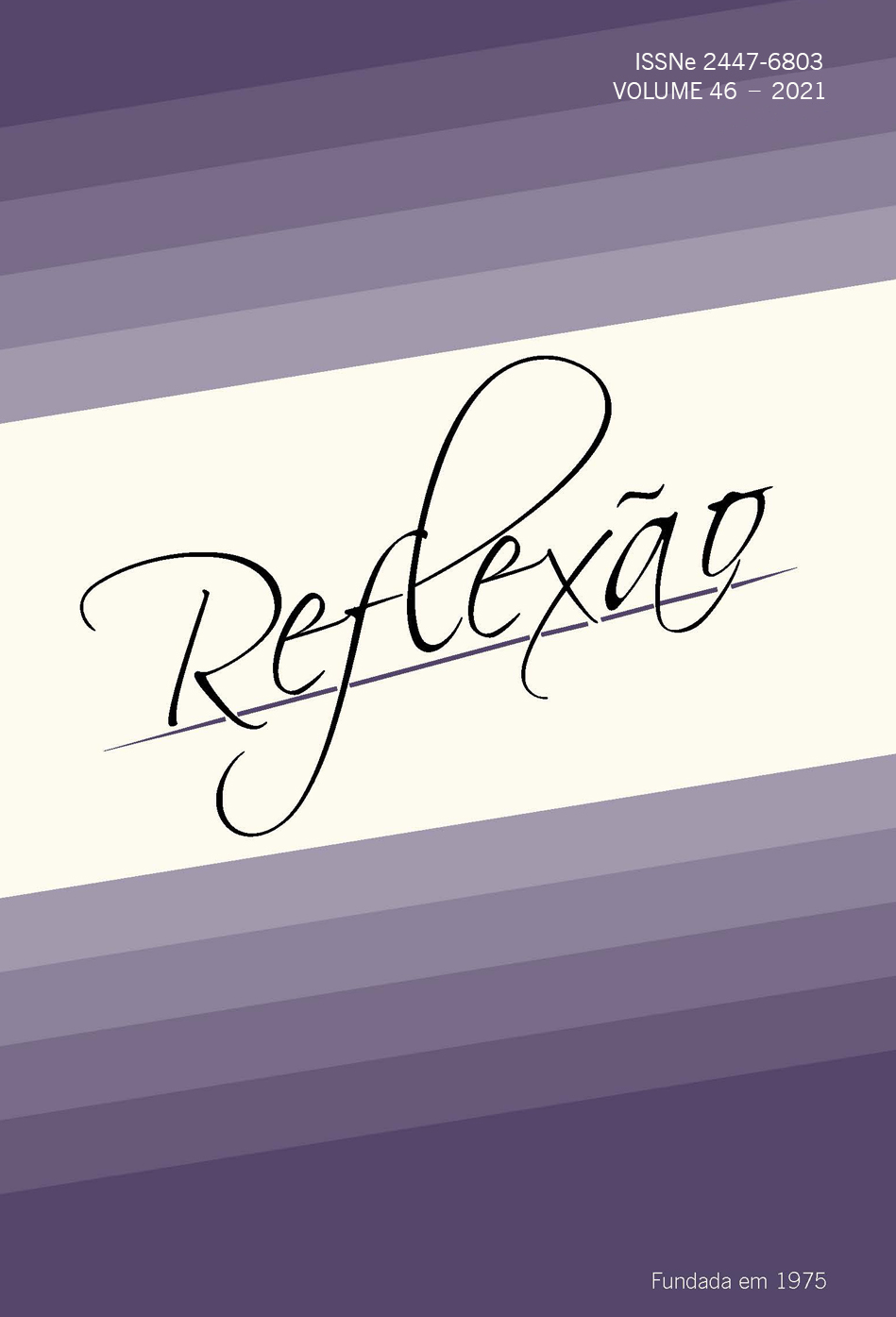Eticidade e moralidade em sociedades seculares: o que pudemos e ainda podemos aprender com o 11 de setembro?
DOI:
https://doi.org/10.24220/2447-6803v46e2021a5504Keywords:
Ataques de 11 de setembro, Ética, Engelhardt, Habermas, Moral.Abstract
After 20 years of the terrorist attacks against the United States, this paper aims, based on the consequences and learning processes brought on the event, to analyze the possibility, in the context of secularization and consequent pluralization of the social life, responsible for the relativization of religious truths and unquestionable metaphysical constructions, resorting to the hypothesis of a universal morality that conforms to the rational purposes of the Enlightenment project, without this meaning the reversion of ethics, including religious tradition. For this it is intended to establish a critical dialogue between Habermas's moral formalism and Engelhardt's liberalism on development of the ethical competences bound to the necessity of translation from religious language to public language.
Downloads
References
Amado, E. D. De moralidad y eticidad: dos dimensiones para la Bioética. Acta Bioética, v. 8, n.1, p. 9-19, 2002.
Engelhardt, H.T. Fundamentos da bioética. São Paulo: Loyola, 1998.
Habermas, J. A inclusão do outro: estudos de teoria política. São Paulo: Loyola, 2002.
Habermas, J. Begründete Enthalsamkeit: gibt es postmetaphysische Antworten auf die Frage nach dem “richtigen Leben”? In: Habermas, J. Die Zukunft der menschlichen Natur: auf dem Weg zu einer liberalen Eugenik? Frankfurt am Main: Suhrkamp, 2005.
Habermas, J. Glauben und Wissen. Frankfurt am Main: Suhrkamp, 2001.
Habermas, J. Moralität und Sittlichkeit: treffen Hegels Einwände gegen Kant auch auf die Diskursethik zu? Revue Internationale de Philosophie, v. 42, n. 166, p. 320-340, 1988.
Habermas, J. Para a reconstrução do materialismo histórico. São Paulo: Unesp, 2015.
Habermas, J. Über Moralität und Sittlichkeit – was macht eine Lebensfom “rational”. In: Schnädelbach, H. (org.). Moralität: philosophische Beiträge. Frankfurt am Main: Suhrkamp, 1984.
Habermas, J. Fundamentos pré-políticos do estado democrático de direito? In: Habermas, J.; Ratzinger, J. Diáletica da secularização: sobre razão e religião. Aparecida: Ideais & Letras, 2007.
Habermas, J. Vorwort zur Neuauflage 1990. In: Habermas, J. (org.). Strukturwandel der Offentlichkeit: untersuchungen zu einer Kategorie der bürgerlichen Gesellschaft. Frankfurt am Main: Suhrkamp, 1999.
MacIntyre, A. After virtue: a study in moral theory. Notre Dame: University of Notre Dame Press, 2007.
Negt, O.; Kluge, A. Maβverhältnisse des Politischen. In: Negt, O.; Kluge, A. Maβverhältnisse des Politischen: 15 Vorschläge zum Unterscheidungsvermögen. Frankfurt am Main: Fischer, 1992. p. 13-53.












